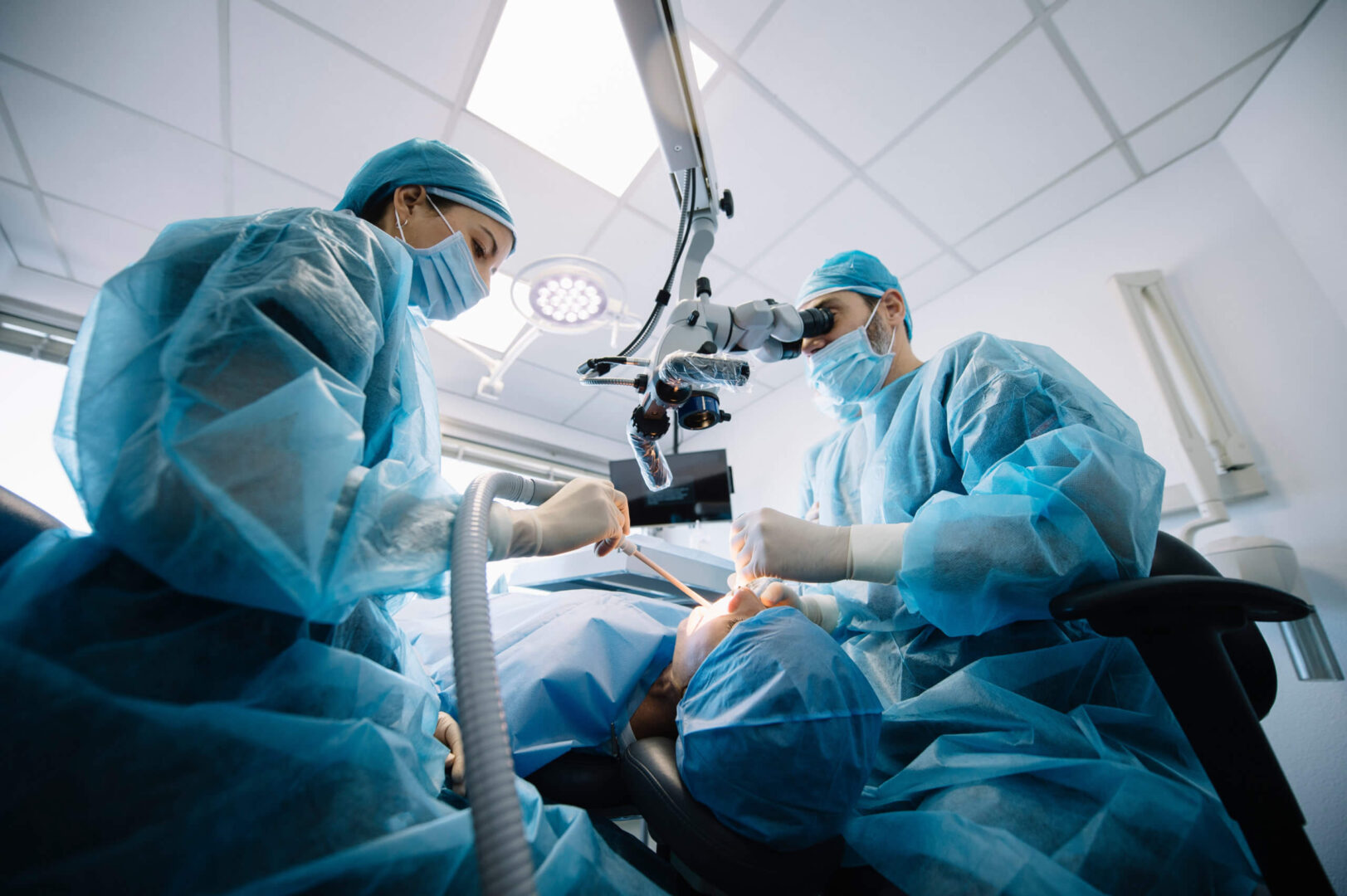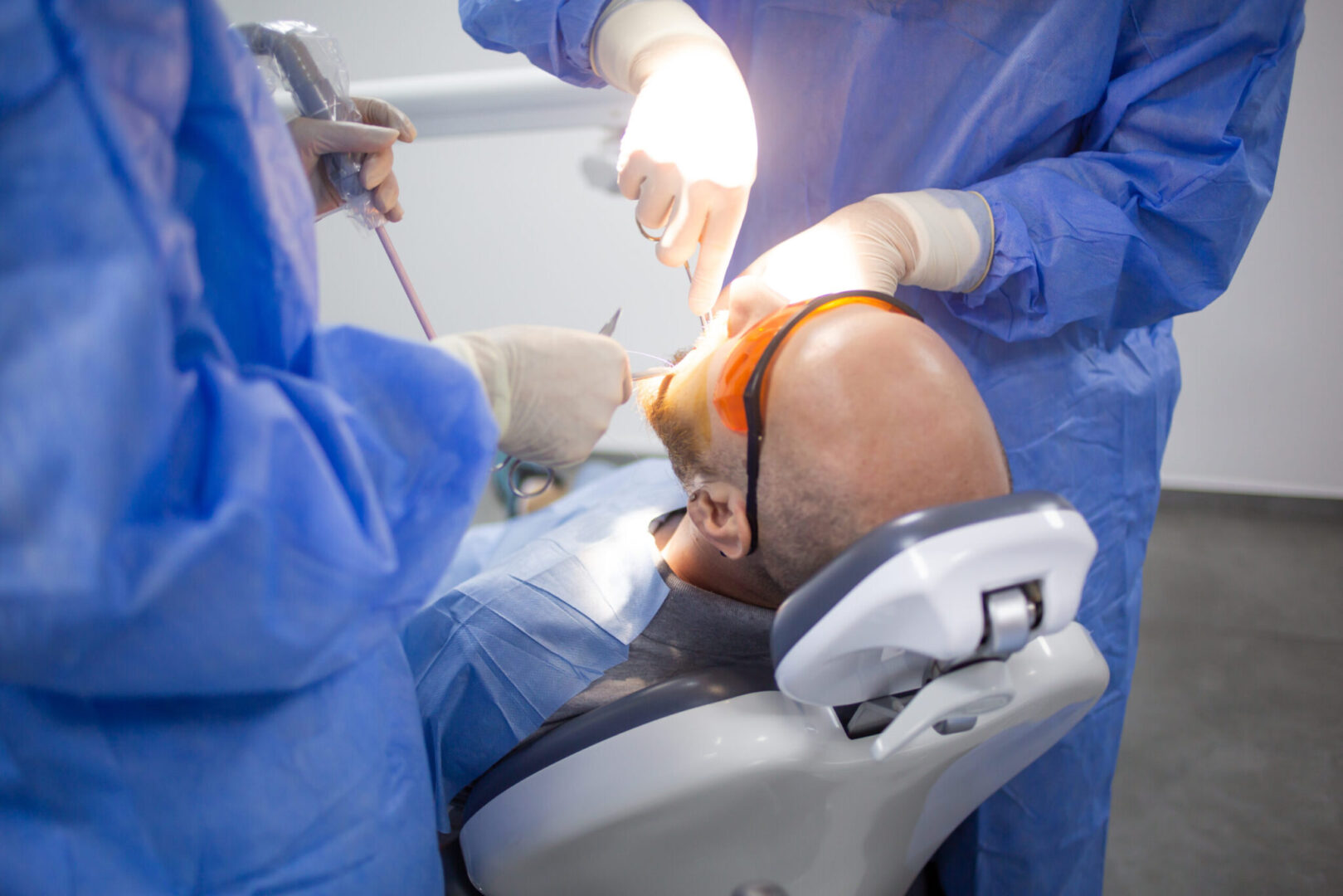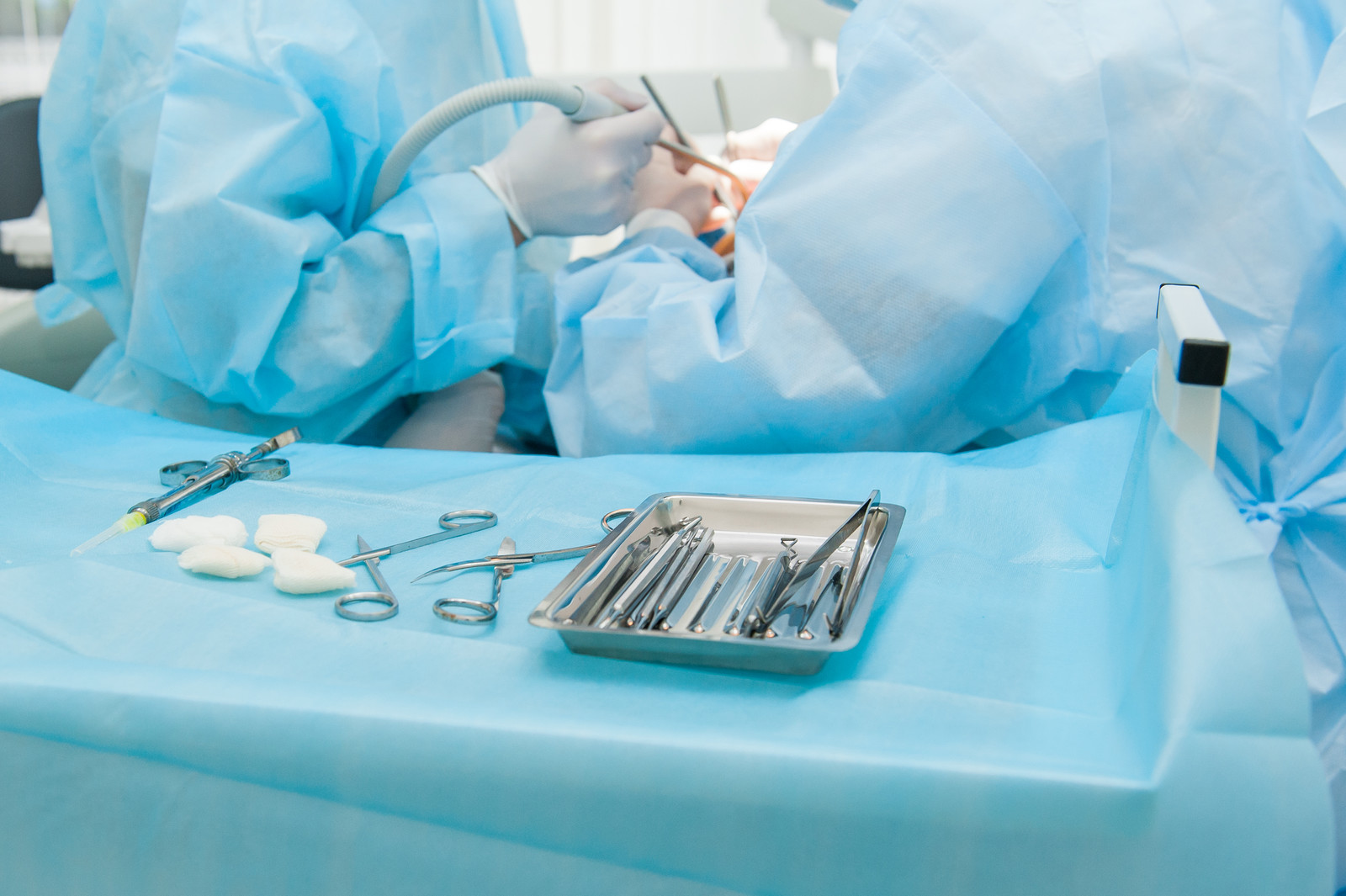Whether you have impacted wisdom teeth or need a dental implant, there may be a time when you will need to have some type of oral surgery procedure. When you are expecting to have oral surgery you may find yourself anxious and unsure of how to properly prepare. Simply follow the few tips below to make your experience go as smooth as possible and help reduce your anxieties.
Dig Into the Details
If you are nervous about your surgery or want to understand more about the process and procedure, don’t simply nod along as the surgeon discuss it with you during your pre-op appointment.
If there are any concerns you have, no matter how trivial they may seem, you should always discuss them with your surgeon. Knowing everything you need, you will be better prepared for what to expect after surgery and will be more likely to avoid implication.
Once you have gone over all of the details with your surgeon, you should also contact your insurance to see how much is covered so you can know what payment expectations may be before the big day.
Arrange for Assitance
You will need someone to drive you to and pick you up from your surgery. If possible, take along someone you trust who will be able to understand and relay to you any post-operative information that you may have not fully understood after coming out of sedation.
Depending on the type of procedure going, you may need to arrange to have someone who can stay with you or check on you regularly for 24 to 48 hours after surgery.
If you have pets or children, it may be helpful to arrange for assistance with them as well during the first day or so after the procedure.
Know the Rules and Follow Them
There are often some rules that you will have to follow before and after any type of oral surgery procedure.
For general anesthesia, you will be required to stop drinking and eating at a certain point before the surgery time. If having local anesthetic you may be able to eat a few hours before, but typically light meals are recommended to avoid stomach upset.
You will likely be asked to brush, floss, and rinse your mouth before the procedure as well. Additionally, you should avoid smoking 12 hours before and at least 24 hours or longer after a procedure.
Smoking can inhibit the healing process and the suction motion can cause damage to sutures.
In short, you should ask your oral surgeon all of the rules you will need to follow before and after the surgery and make sure that you follow all of them to give you the lowest risk for complications and a better ability to heal.
Plan You After-Surgery Meals
With any type of oral surgery, you are likely to have limitations on the food you will be allowed to eat. Most often your will have to stick to soft foods that are not spicy or acidic. Think of foods that don’t require chewing.
You will also want to make sure that you get the proper nutrition while healing, so be sure to have prepared foods or ready to grab foods that you will be able to easily eat for the first few days of your recovery.
By following the few simple tips above, you will be better prepared for your upcoming oral surgery procedure, which will hopefully relieve some anxiety and allow you lower your risk of complications.



